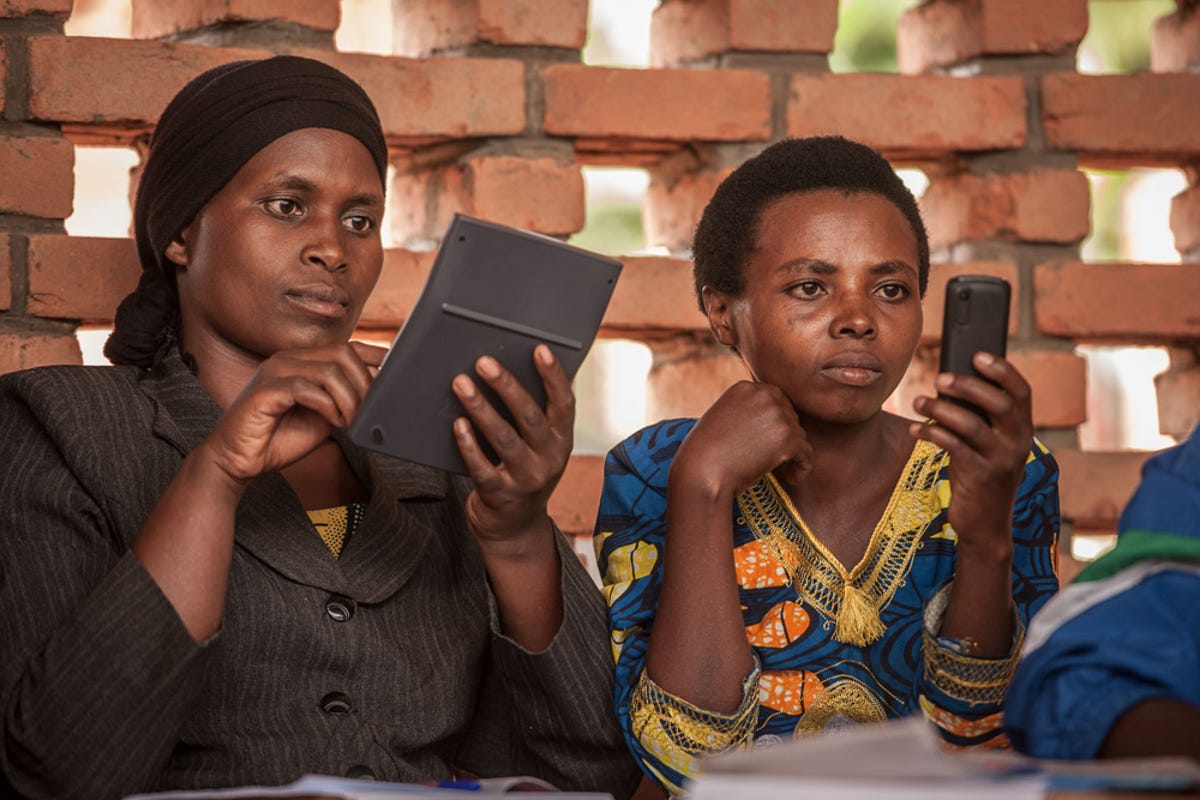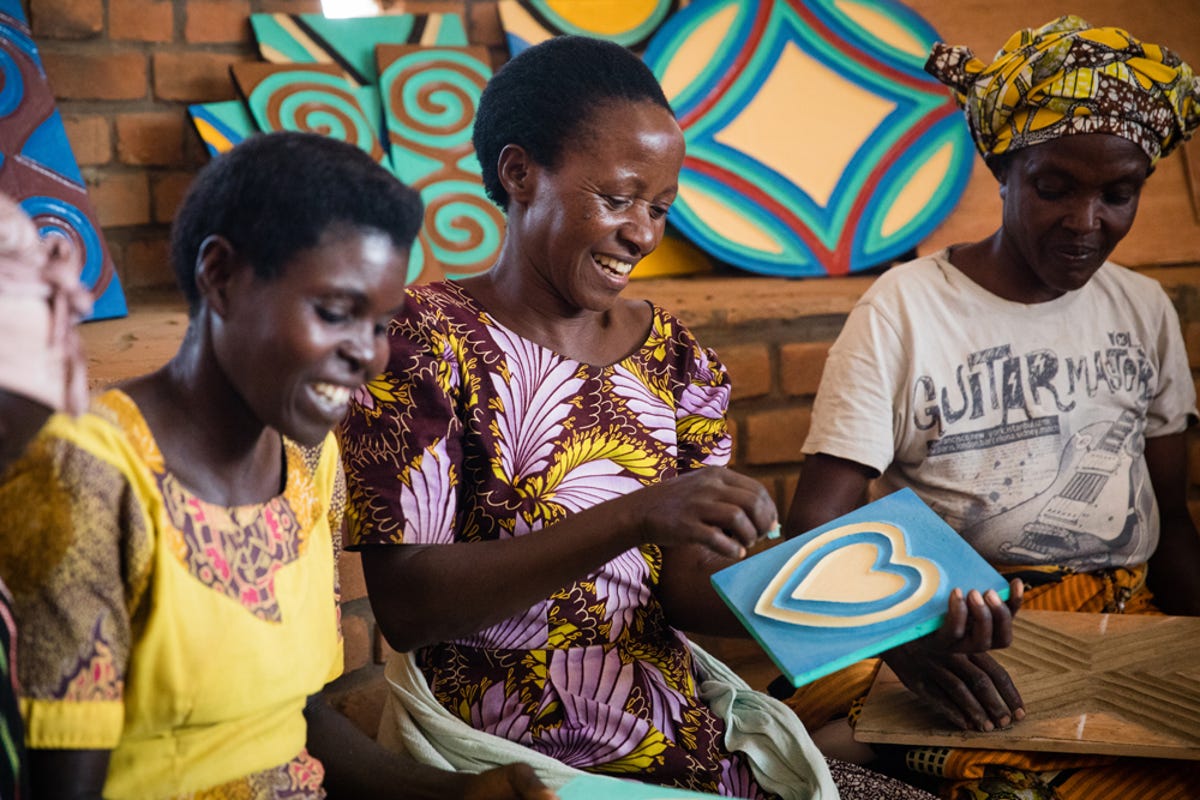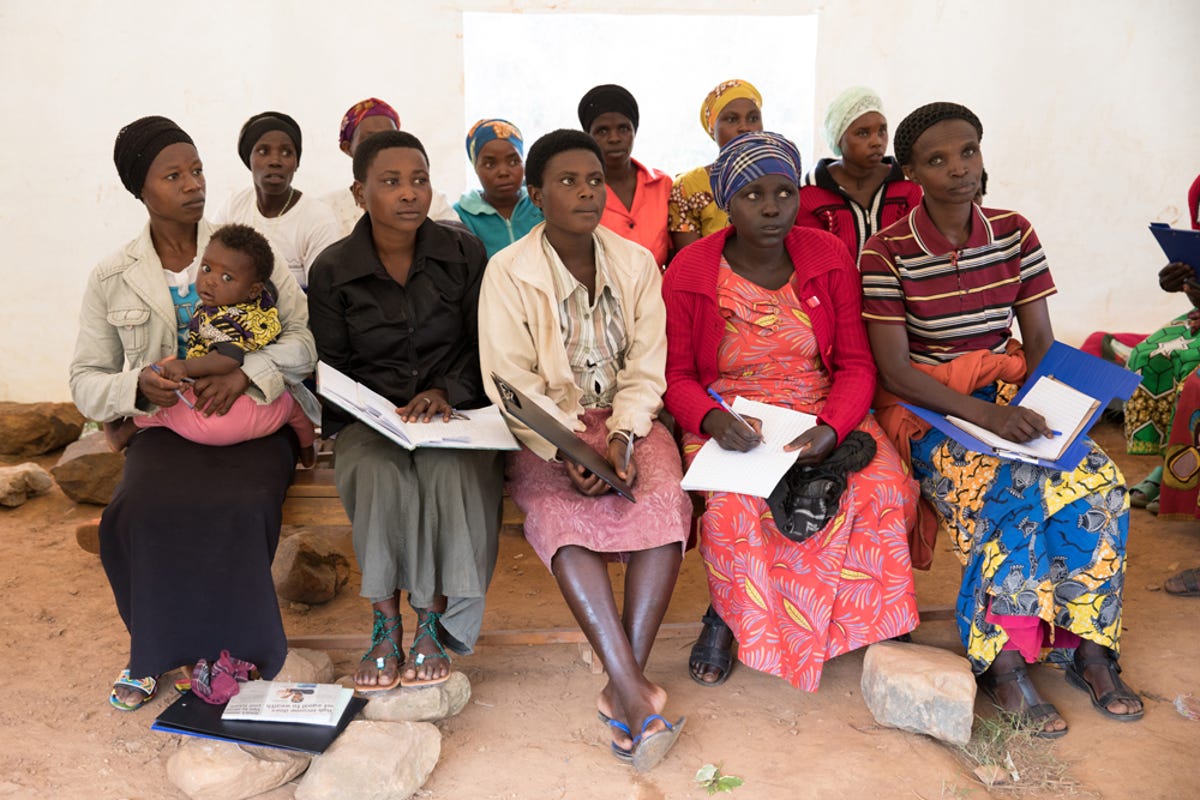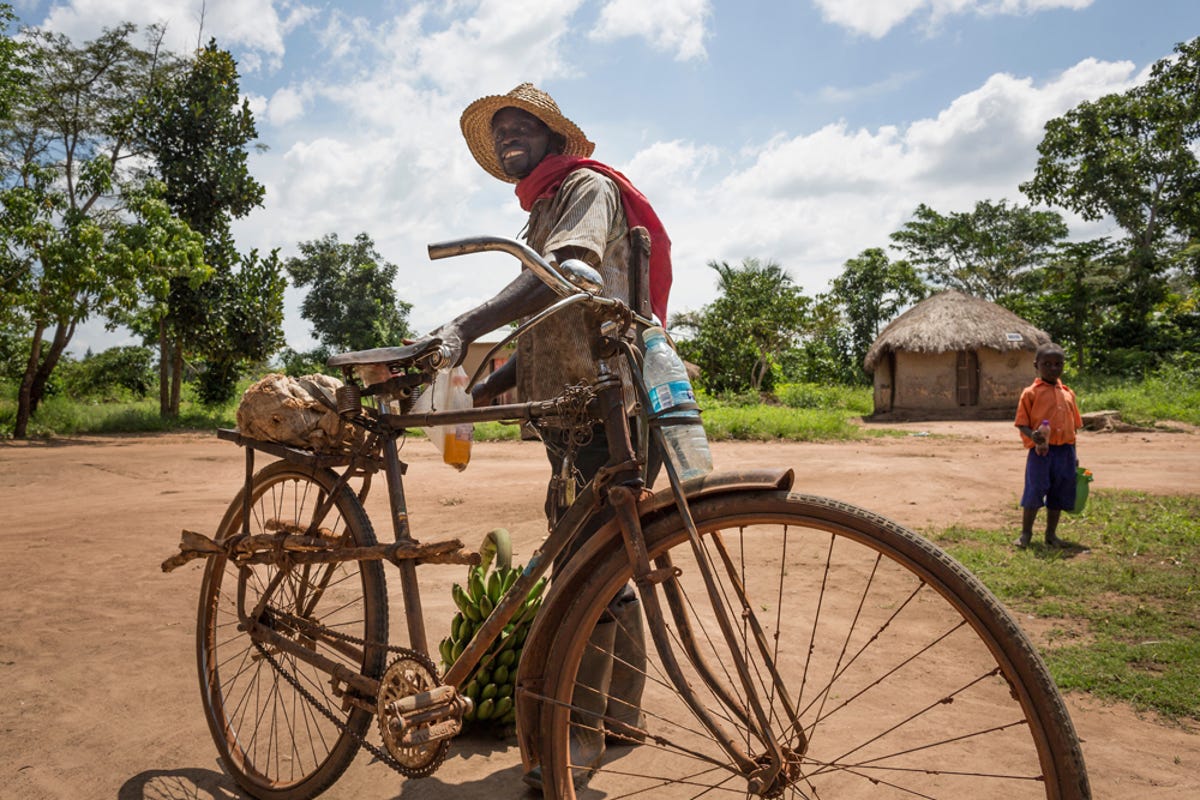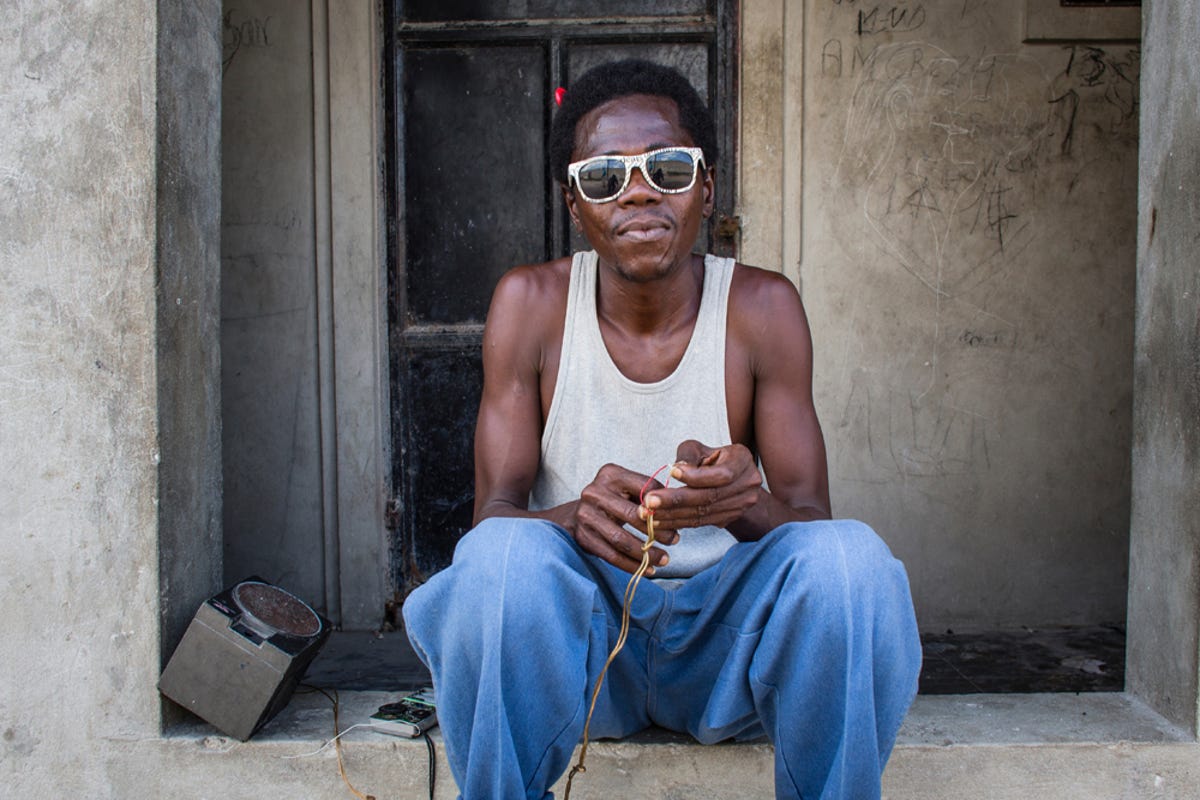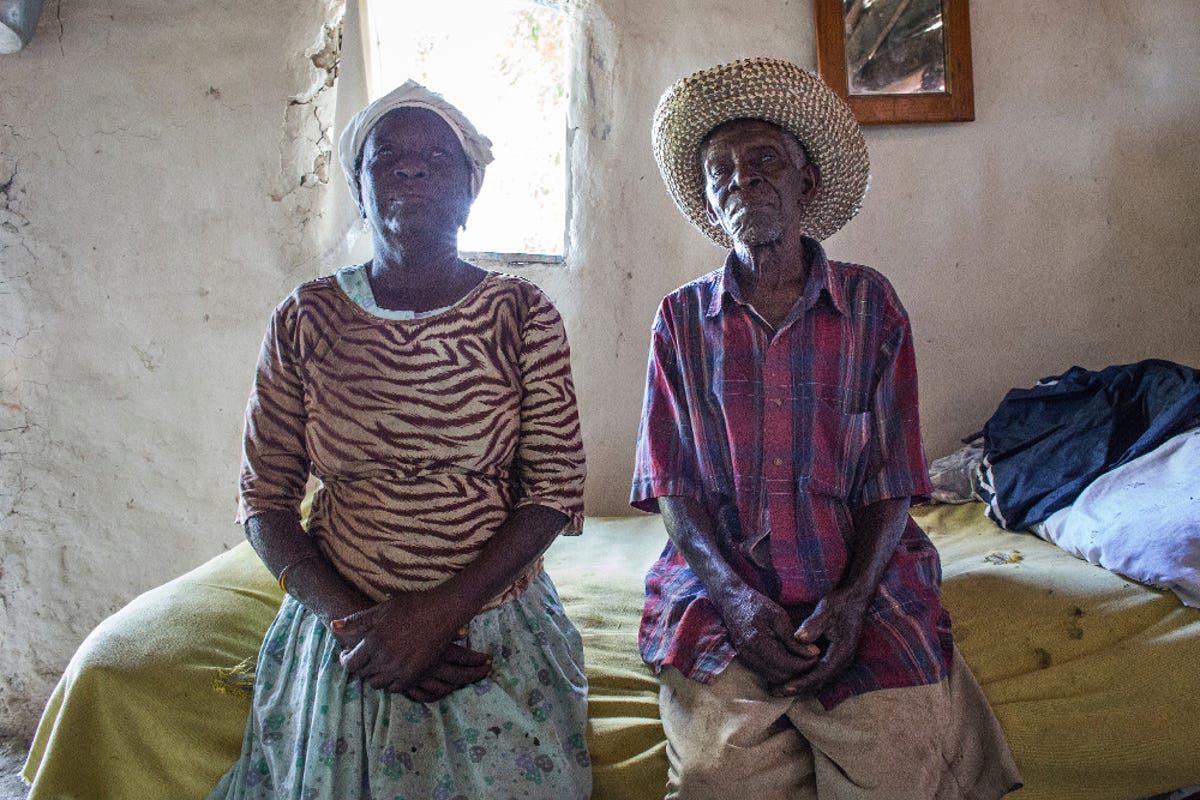When home isn’t safe
The lockdowns expose what many of us have always known – our most intimate spaces, our homes, aren’t always safe. Studies reveal domestic violence has increased by over 25% in many countries.
© Cartier Philanthropy / Andrea Borgarello
The lockdowns expose what many of us have always known – our most intimate spaces, our homes, aren’t always safe.
Studies reveal domestic violence has increased by over 25% in many countries as a result of the COVID-19 containment efforts and shelter-in-place measures.
As international advocate for women’s and children’s rights Graça Machel recently pointed out: “A ‘pandemic within a pandemic’ has been exposed and we’re confronted with the horrific reality that millions of women and children – in every country – are fighting for their survival not just from COVID‑19 but from the brutalities of abusers in the prisons of their homes”.
Quarantine measures are leaving women and adolescent girls around the world vulnerable to coercion, exploitation and sexual abuse, while COVID-19 lays bare and exacerbates the unwritten rules of gender inequality that are so deeply engrained in our social fabric.
Knowing too well that crises rob women of choice and voice, that isolation and restrictions increase women’s exposure to violence at home, our partner organisation Women for Women International is working hard in Rwanda to ensure that the fathers, husbands and sons who have chosen to participate in its Men’s Engagement Programme put the lessons they have learnt into practice.
The testimonies of these men are a powerful reality-check on the progress achieved and yet to come.
Men are reflecting on their understanding of internalised social norms to stop hurting their wives.
“Based on the take-home exercise we were given during our last follow-up session, which was to identify a type of gender-based violence each of us was perpetrating, I went and did some self-reflection. I realized that I was perpetrating sexual violence: I used to come home late and drunk. I never allowed discussion around sex with my wife. Since then, I’ve apologized to her and promised I’ll never be the same. Now she knows it’s also her right to initiate or refuse sex,” said Daniel.
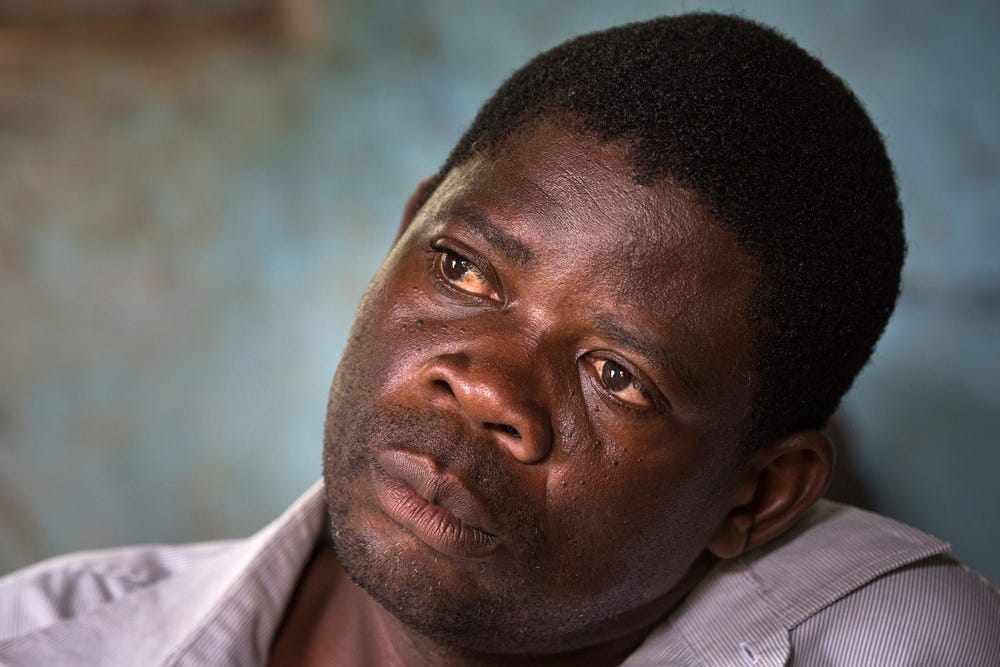
© Cartier Philanthropy / Andrea Borgarello
Men see that being a good father means sharing responsibility and power.
“What we’re learning through this programme has helped us to get through the lockdown. Normally in our culture, men don’t stay at home with their wives and children. They only come home late and sometimes drunk. Through this programme we’ve learnt the benefits of spending time with family members, developing positive masculine attitudes and being good fathers. We’re working together, having lunch together, planning together and taking care of our children together,” said Philip.
Amid job losses and market closures, many men have initiated conversations with their wives about emergency savings and their future financial plans.
“The lockdown’s been a time for us to think about long term projects to generate income for our family. We’re planning to rent land for growing fruit. We’ve bought a solar electricity system to help our children do their school homework,” said Jean Paul.
Research has shown that severe crisis situations like the present can prove good entry points to intervene in the construction of masculinities and femininities due to the circumstantial disruption or suspension of traditional social norms. Which makes them an invaluable opportunity for the transformative gender equity work that’s a core commitment of Women for Women International and Cartier Philanthropy.

